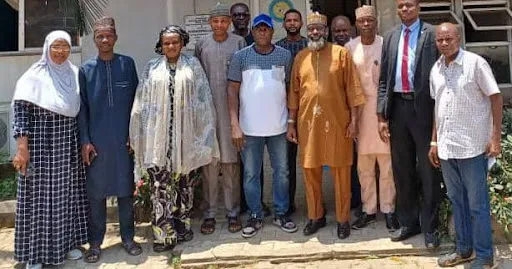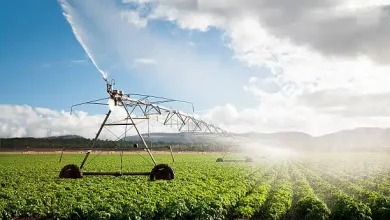CommercialLocal
Local Content: Driving Kwara’s Economic Growth
Public Procurement Agency Emphasizes Local Content for Economic Growth and Revitalization of State Enterprises

The General Manager of the Kwara State Public Procurement Agency (KWPPA), QS Raheem Abdulbaki, has emphasized the importance of local content implementation as a catalyst for economic growth. He made this assertion during a working visit to the Kwara State Broadcasting Corporation (Radio Kwara) in Ilorin, today.
Abdulbaki highlighted the numerous benefits of prioritizing local content in State contracts, stating that such measures will significantly contribute to the economic development of Kwara State. He commended Radio Kwara as a legacy institution and assured its management of the Agency’s commitment to supporting the station in achieving its mandate.
“We have set new landmarks for the State and its people, driving it towards prosperity and success. We have visited other states to study their local content policies and have developed a more comprehensive approach for Kwara. Our goal is to ensure that the government prioritizes its establishments before considering others. We are committed to making Radio Kwara a household name once again,” Abdulbaki stated.
He also applauded the executive Governor of Kwara State, Mallam AbdulRahman AbdulRazaq (CON), for his dedication to promoting local businesses and revamping the State’s legacy investments. Abdulbaki outlined the statutory mandates of KWPPA and shared some of the Agency’s achievements since its inception, reiterating the Agency’s willingness to collaborate with Radio Kwara to enhance its impact and operational effectiveness.
In his response, the General Manager of Radio Kwara, Alhaji Tajudeen Kayode Aremu, expressed gratitude to the KWPPA team for the visit and their willingness to foster growth and expansion opportunities for the corporation. He noted that this was the first time in the station’s history that a government agency had shown interest in its development and success.
He also outlined some of the challenges facing the corporation and advocated for necessary structural improvements to drive the station’s growth. He emphasized that Radio Kwara houses some of the most well-trained professionals in the State and, with adequate resources and support, could achieve outstanding results in the broadcasting sector.
The meeting, attended by top management officials from both organizations, reinforced the shared commitment to leveraging local content policies to strengthen state-owned enterprises like Radio Kwara. It highlighted the government’s strategic push for local business empowerment as a means of fostering economic growth and revitalizing legacy institutions for greater impact. (kwaramoc.com.ng)




